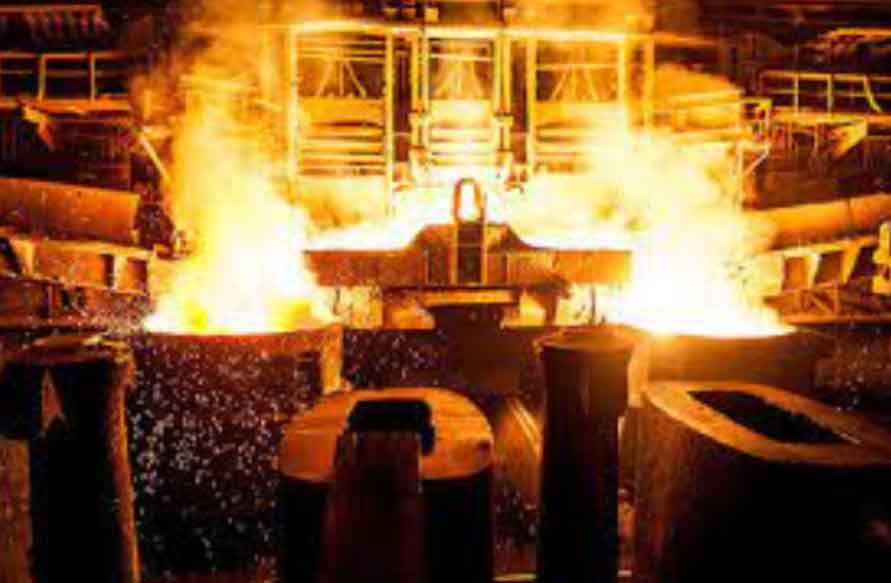
Embracing sustainability and implementing green initiatives is becoming increasingly important in the sand casting manufacturing industry to reduce its environmental impact and contribute to a greener future. Some of the key green initiatives that sand casting manufacturers can adopt include:
- Energy Efficiency: Implementing energy-efficient practices, such as using energy-efficient equipment and optimizing processes to minimize energy consumption during the casting process.
- Renewable Energy Sources: Transitioning to renewable energy sources, such as solar, wind, or hydroelectric power, to power the foundry and reduce reliance on fossil fuels.
- Recycling and Reuse: Promoting recycling and reuse of materials within the foundry, such as reusing sand and reclaiming scrap metal, to reduce waste and conserve resources.
- Waste Reduction: Implementing waste reduction strategies, such as reducing packaging waste and minimizing excess material usage, to reduce the amount of waste generated during casting operations.
- Water Management: Implementing water conservation practices and using water recycling systems to reduce water consumption in sand preparation and casting processes.
- Green Sand Systems: Adopting green sand systems that use organic or biodegradable binders, reducing the environmental impact of sand casting processes.
- Emission Control: Installing emission control technologies to minimize air pollution from the casting process, such as dust collectors and fume extraction systems.
- Environmental Certifications: Seeking and maintaining environmental certifications, such as ISO 14001, to demonstrate the commitment to sustainable practices and environmental stewardship.
- Eco-Friendly Materials: Using eco-friendly materials and reducing the use of harmful chemicals and substances in sand casting processes.
- Life Cycle Assessment: Conducting a life cycle assessment of the casting process to identify areas of environmental impact and implementing improvements to reduce it.
- Green Supplier Practices: Partnering with green suppliers and sourcing materials from environmentally responsible sources to support sustainable supply chains.
- Employee Training: Providing training and education to employees on sustainable practices and the importance of environmental responsibility.
- Public Engagement: Engaging with the local community to raise awareness about environmental efforts and fostering a culture of sustainability.
By embracing these green initiatives, sand casting manufacturers can significantly reduce their carbon footprint, conserve natural resources, and contribute to a more sustainable and environmentally friendly foundry industry.
